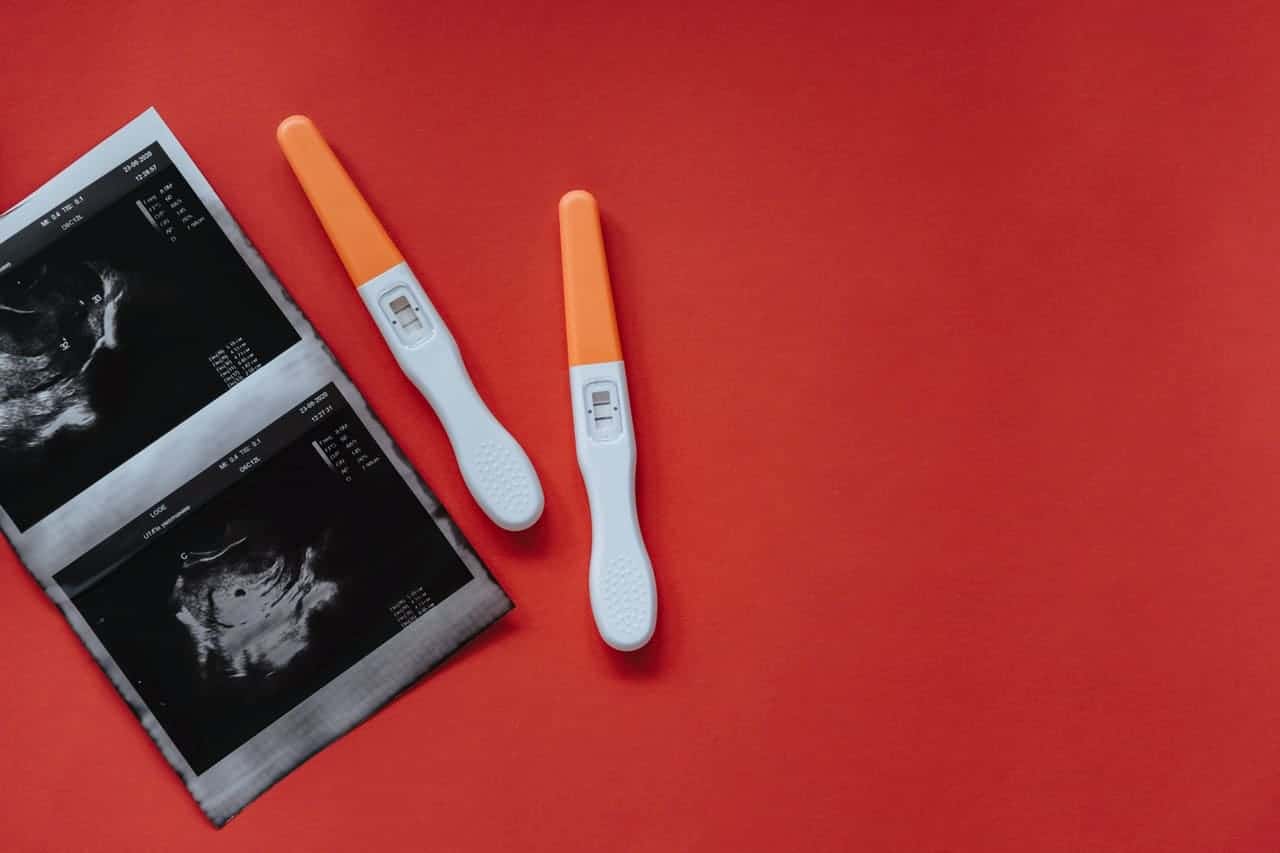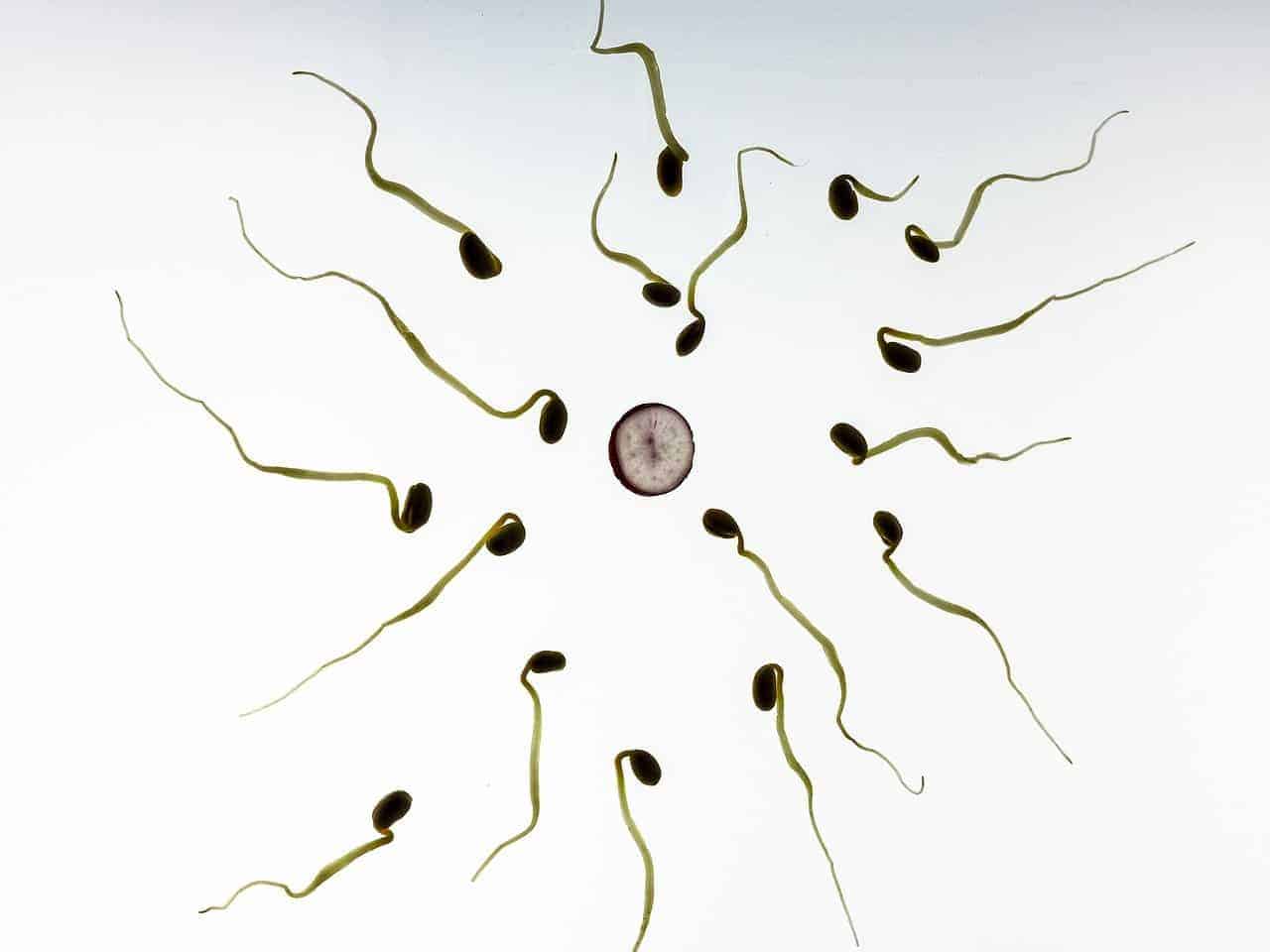A negative pregnancy test result after an IVF cycle is not uncommon. In fact, only 20 to 35 percent of patients succeed in their first cycle. This may lead to great stress to both couple, but knowing what to do next can help them overcome this unfortunate result.
A failed IVF cycle is probably caused by several factors. Therefore, the best thing to do after it is to talk to your fertility specialist. The specialist will tell you what probably went wrong and what possible options you can take to improve the chances of your next cycle.
There is a right time to take a pregnancy test after the embryo transfer to ensure accuracy. A positive result is great, but if it turns out negative, the couple should know what to do afterwards. The couple should also consider additional options to increase the potential success of their next try.
IVF Pregnancy Test Negative?

It is important to confirm that the result of the pregnancy test is actually negative before planning the next course of action. Both false-positive and false-negative results happen very frequently. Most of the time, it is due to the incorrect timing of taking the pregnancy test. Therefore, it is important to know when is the proper time to take the test and what is the proper method to use.
Pregnancy is detected by measuring the amount of human chorionic gonadotropin (hCG), a hormone that is primarily produced by trophoblast cells of the placenta when a woman is pregnant. Both the beta hCG blood test and the home test, which uses a urine sample, works by evaluating the hCG levels.
The best time to accurately detect the pregnancy is at least two weeks after the embryo transfer. At this point, the woman would have produced enough hCG hormones that both the blood test and the urine test can detect.

Testing too early using a urine test may give a false-negative result since there is still an insufficient amount of hCG in the urine. In contrast, testing too early using a blood test may give a false-positive result. The hCG detected by the blood test may only be the residual hormones from the hCG shot given to the woman before the egg transfer procedure. It may be hard, but it is best, to wait for the appropriate time before taking any pregnancy test.
What to Do Next After a Negative Result?

An unsuccessful cycle is not uncommon, so it should not be the end of trying. Couples who have a negative pregnancy test result after an IVF treatment can do the following:
- Rest. After such a loss, the couple deserves to take a break and have some time to rest. The process itself was challenging enough, and with a negative result, it could be even harder. The couple may be advised to take time off their regular jobs and do things they enjoy to redirect their thoughts into something more positive.
Having a light conversation with family and close friends is suggested to help reduce the stress of both couple. Seeking the help of a professional counselor is also recommended if the emotional toll can be too much for the couple to handle.
- Talk to the fertility specialist. After having an emotional and physical break, the couple should set another appointment with their fertility specialist. The next step will be for the specialist, together with the couple, to review the entire IVF cycle to determine what probable problems they may have encountered.
This step is essential to learn the mistakes from the previous cycle. By closely studying the results from each stage in the last IVF cycle, the specialist can pinpoint the issues that possibly caused it to fail. From this analysis, the specialist can also recommend ways or options that the couple can do to increase the chances of getting pregnant with their next IVF cycle.
- Proceed with a better plan. The couple should use the helpful information they learned from their failed IVF cycle so they can proceed to their next attempt with a better plan.
They can do things that they probably didn’t do during their last cycle. For example, they could add specific foods to their diet to increase their overall fertility, and do therapies such as acupuncture to facilitate better blood flow.
How to Improve the Results of the Next Cycle?

There are a lot of factors that can affect the success of an IVF cycle. Some of these cannot be changed, such as age. However, there are other factors that can be modified, such as lifestyle choices and diet.
- Eat a healthier diet. A nutrient-dense, balanced diet is recommended to boost the production of healthier eggs for women. Leafy green vegetables, fruits, oysters, liver, and other foods that are packed with vitamins, minerals, and saturated fats, are also ideal for increasing the fertility of both the woman and her male partner.
- Try acupuncture. Acupuncture is known to aid the success of fertility treatment, including IVF. In fact, some doctors even advise their patients to try acupuncture several months before the scheduled start of their cycle.
There are also other options done during IVF that the couple may choose to undergo to boost their chances of getting pregnant.
- Blastocyst culture. In standard IVF, embryos are grown in the laboratory for 2 to 3 days then transferred into the woman’s uterus. In a blastocyst culture, the embryos are grown up to 5 days in special culture media, until they progress to the blastocyst stage, before being transferred into the woman’s uterus.
A blastocyst is already more developed than the regular 3-day embryos, so it offers a higher potential to result in pregnancy. However, some embryos cannot withstand this process, as the woman’s womb is still the best incubator for human embryos. Thus, it must be discussed properly with the fertility specialist.
- Assisted hatching. After being transferred to the uterus, the embryo must break through its outer protein shell (called zona pellucida) before implantation takes place. Assisted hatching is done by an embryologist to aid this process and help the embryo implant effectively in the uterus, which then results in pregnancy.
It involves using a laser to artificially rupture the embryo’s outer shell, prior to embryo transfer. However, some fertility specialists recommend against this procedure. In rare cases, it can cause damage to the embryo. It might also increase the risk of having identical twins who are more prone to medical conditions than singleton pregnancies.
- Consider a donor egg. Using a donor egg is advised for patients who are unable to produce a healthy oocyte. The egg will be donated by someone with healthier and more properly functioning ovaries. It is known that as a woman grows older, the quality of her eggs decreases. Therefore, this option is typically recommended for older patients.
- Consider a donor sperm. If the male partner of the patient is incapable of producing healthy and motile sperms, donor sperm may be used. The sperm quality of the male is most often compromised by unhealthy lifestyle, such as excessive drinking, smoking, and use of recreational drugs.

For cases where the sperm lacks the strength to fertilize the egg naturally, it can be directly injected into the egg – a process called intracytoplasmic sperm injection (ICSI). However, for cases where the sperm count is too low or the sperm is too weak, donor sperm is a better choice. The weak sperm may still result in pregnancy, but most often, it only ends in miscarriages.
- Donor embryo. For cases where both the sperm and egg of the couple are not good, a donor embryo is presented as an option. The donor embryo is at its most developed stage (blastocyst), therefore it has a higher chance to result in pregnancy. Using a donor embryo can resolve cases such as recurrent miscarriages and failed embryo implantation.
- Surrogacy. Surrogacy is a procedure where another woman will carry the patient’s biological child for her. This method is used if pregnancy is too risky or no longer possible for the patient. The chances of the IVF cycle to succeed are greater with this method if the patient is not in a proper condition to carry a child inside her.
- Genetic testing. Pre-implantation genetic screening (PGS) is a process done to analyze the genetic make-up of an embryo. It is done to select the best embryo which will be transferred to the woman’s womb. This process is also often advised to patients who’ve had multiple miscarriages in the past or have a high risk of passing a chromosomal abnormality to their child.
Final Thoughts
A negative pregnancy test result after an IVF cycle is not the end of the road. There is a lot to learn from a failed attempt, which can be used to increase the rate of success in the next cycle. Talk to your fertility specialist to know the problems that caused the cycle to fail and the options you can take to increase your chances of succeeding. It is normal to feel frustrated, so take a bit of rest, then proceed with a better plan in your next IVF cycle.